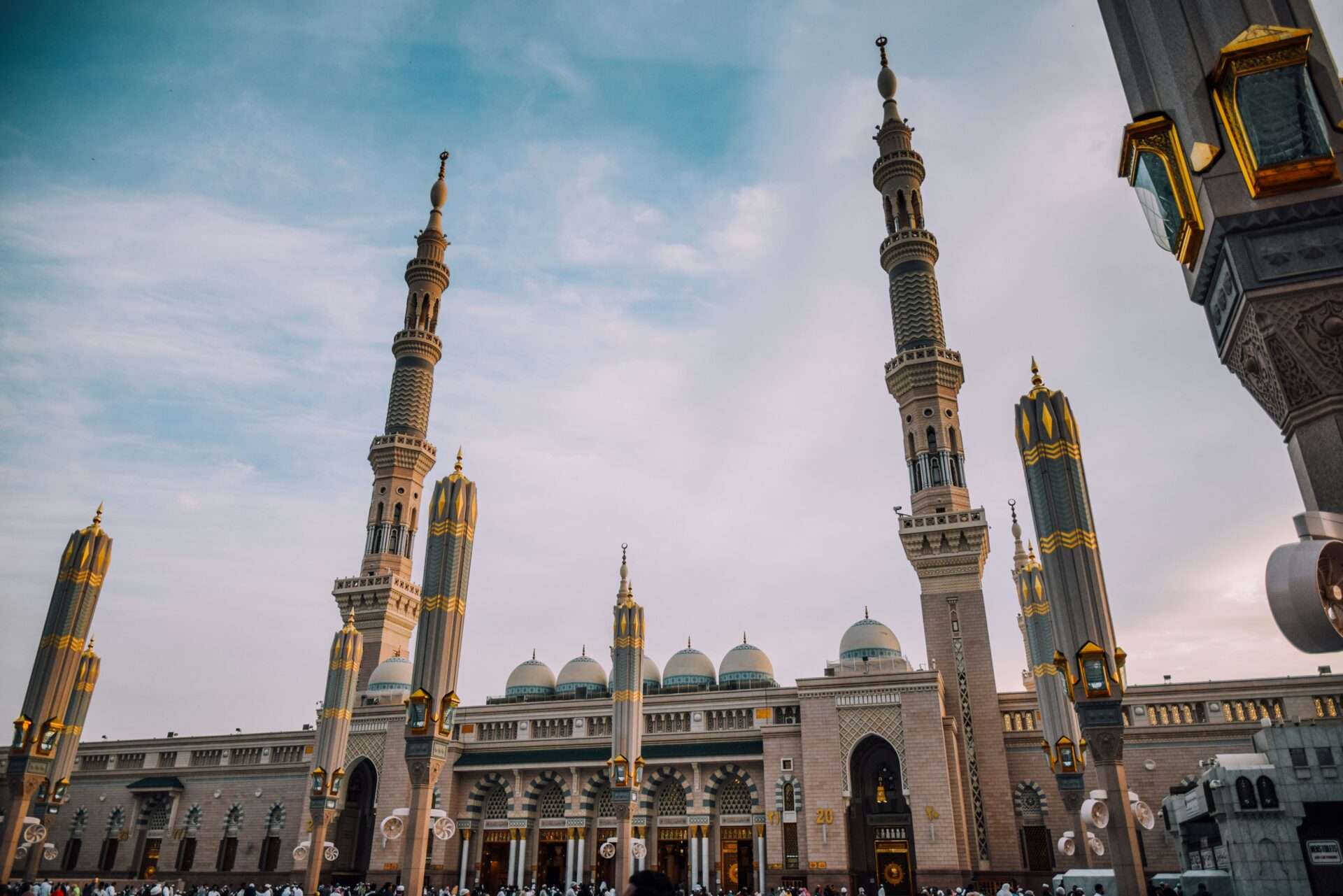Amid United States President Donald Trump’s visit to the Gulf, the global rights watchdog Amnesty International released a new report that reveals the severe exploitation, racism, and exclusion that migrant domestic workers face in Saudi Arabia.
The report documents the experiences of over 70 Kenyan women who endured abusive and discriminatory working conditions, often amounting to forced labor and human trafficking.
Recruiters in Kenya deceived these women about the nature of their jobs. Upon arrival in Saudi Arabia, they were subjected to brutal conditions, working more than 16 hours a day without days off and being confined to their employers’ homes.
The report highlights instances of sexual, verbal, and physical assault, with employers confiscating passports and phones and sometimes withholding wages. The rights group went on to explain that the dire living conditions and inhumane treatment these women faced underscore the systemic racism and exploitation prevalent in Saudi Arabia’s domestic labor sector.
“She [the employer] didn’t think that I could get tired,” Rashida, whose real name Amnesty withheld, told the rights group. “There was no chance to rest. … I would work for her the whole day and then even at night, I would still be working. I felt like a donkey and even donkeys find rest.”
Despite Saudi authorities’ claims of labor rights reforms, domestic workers remain excluded from the country’s labor law protections.
Amnesty’s report called for urgent action to grant these workers equal protection under the labor law, introduce effective inspection systems to tackle widespread abuses, and dismantle the Kafala sponsorship system that binds foreign workers to their employers, Irungu Houghton, Executive Director of Amnesty International Kenya noted. This system fosters exploitation and perpetuates systemic racism, making it difficult for workers to escape abusive situations, according to Amnesty.
*
Of Saudi Arabia’s nearly four million domestic workers, around 1.2 million are women from Africa and Asia. Many face both “severe” and “criminal” abuses at the hands of their employers, the report explained.
Houghton emphasized the need for both Saudi and Kenyan authorities to listen to these women’s stories and take meaningful action. He pointed out that these women traveled to Saudi Arabia seeking employment to support their families but instead faced unspeakable abuse. The Kenyan government actively encourages labor migration, yet fails to protect its citizens from exploitation abroad.
The report calls for international pressure on Saudi Arabia to reform its labor laws and ensure the protection of migrant domestic workers. It also urges the Kenyan government to improve its vetting processes for recruiters and provide better support for its citizens working overseas. Both Saudi and Kenyan authorities declined to respond to Amnesty’s requests for comment.
Meanwhile, Trump didn’t offer a public comment on the human rights situation while he was in Saudi Arabia, either. He did, however, boast of a new package of economic and defense agreements with the country, reportedly worth hundreds of billions of dollars.




















